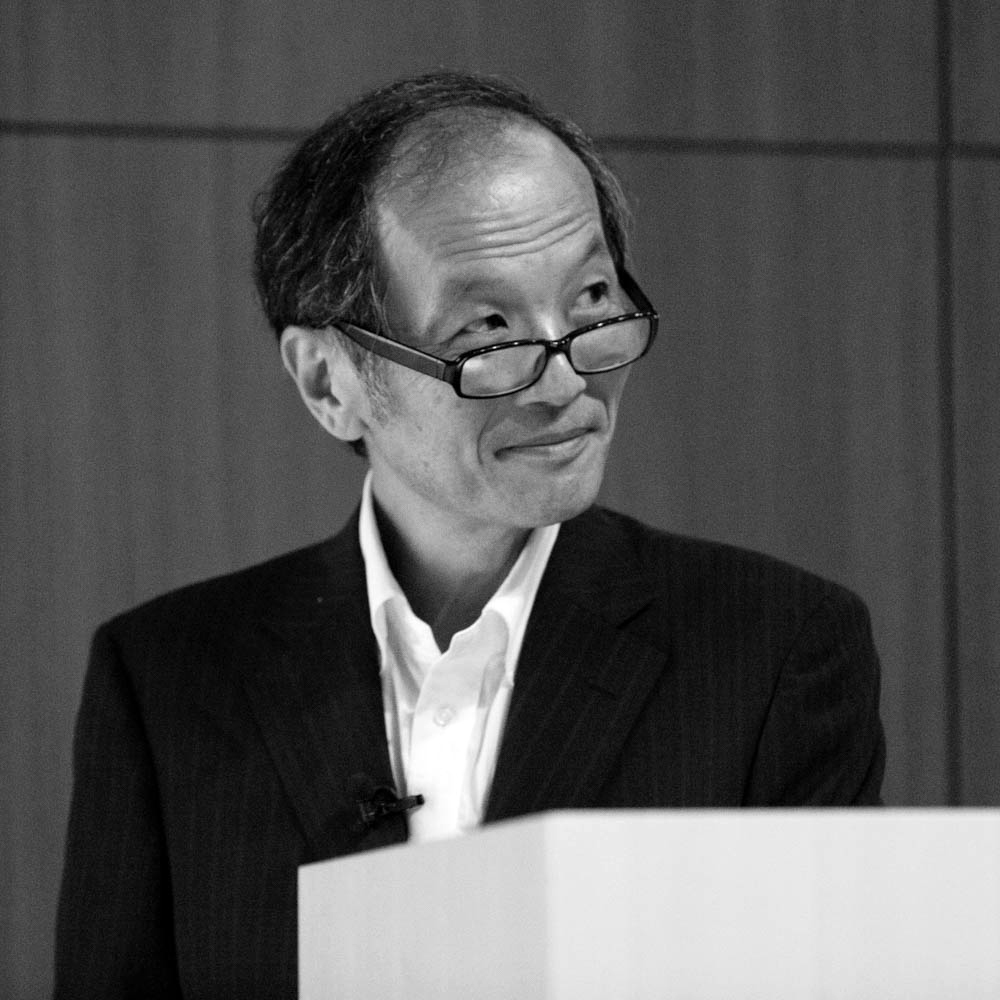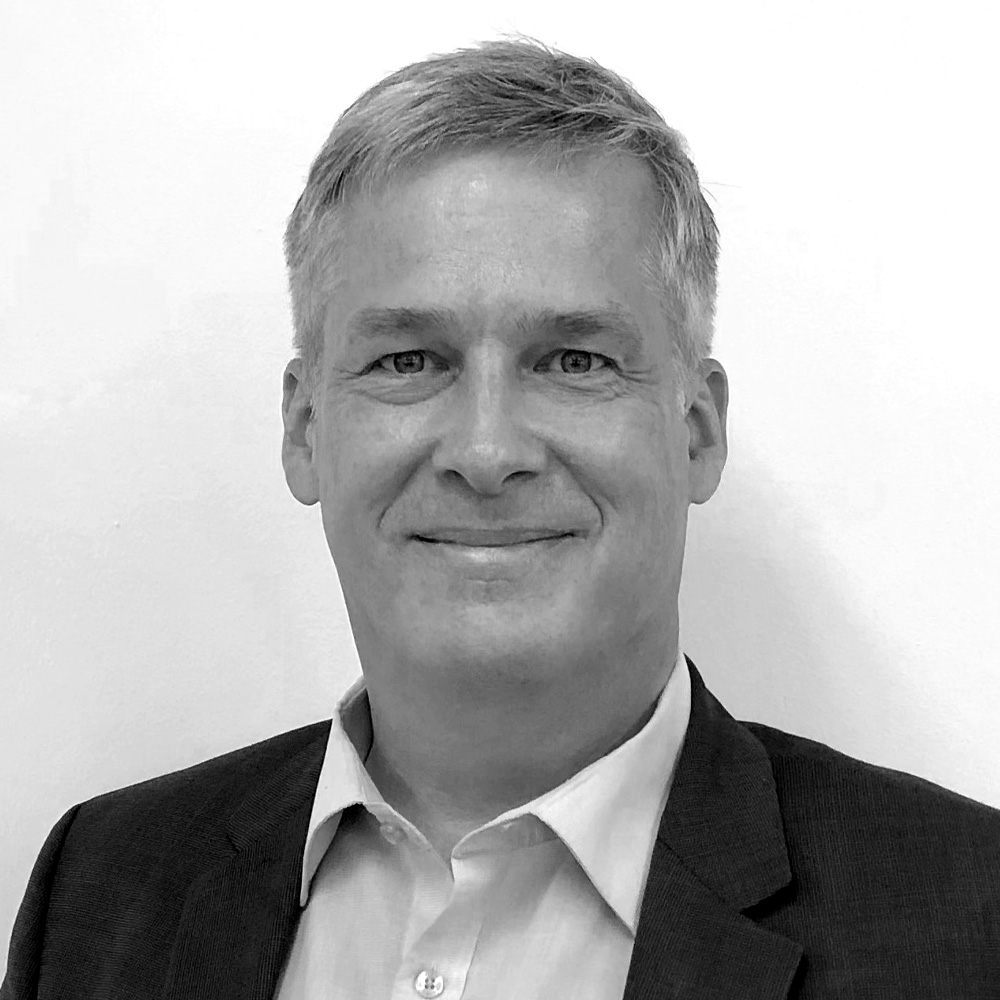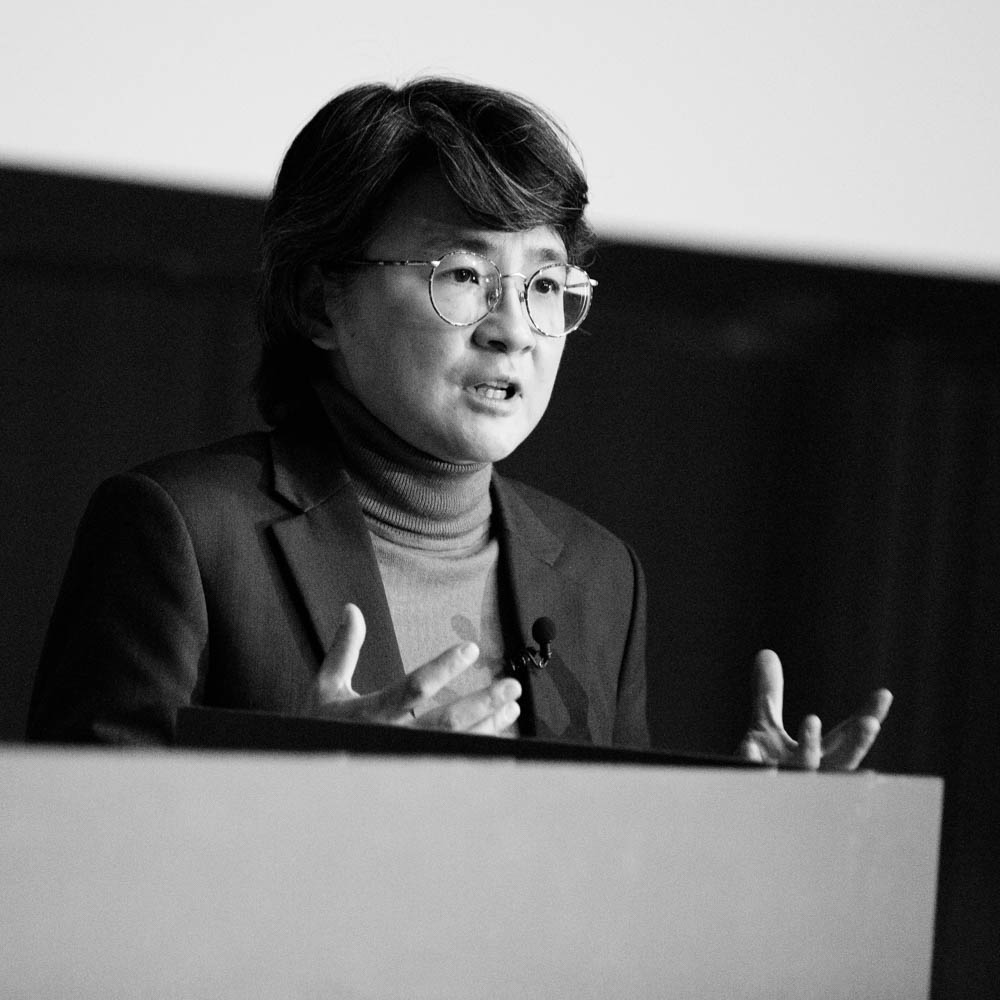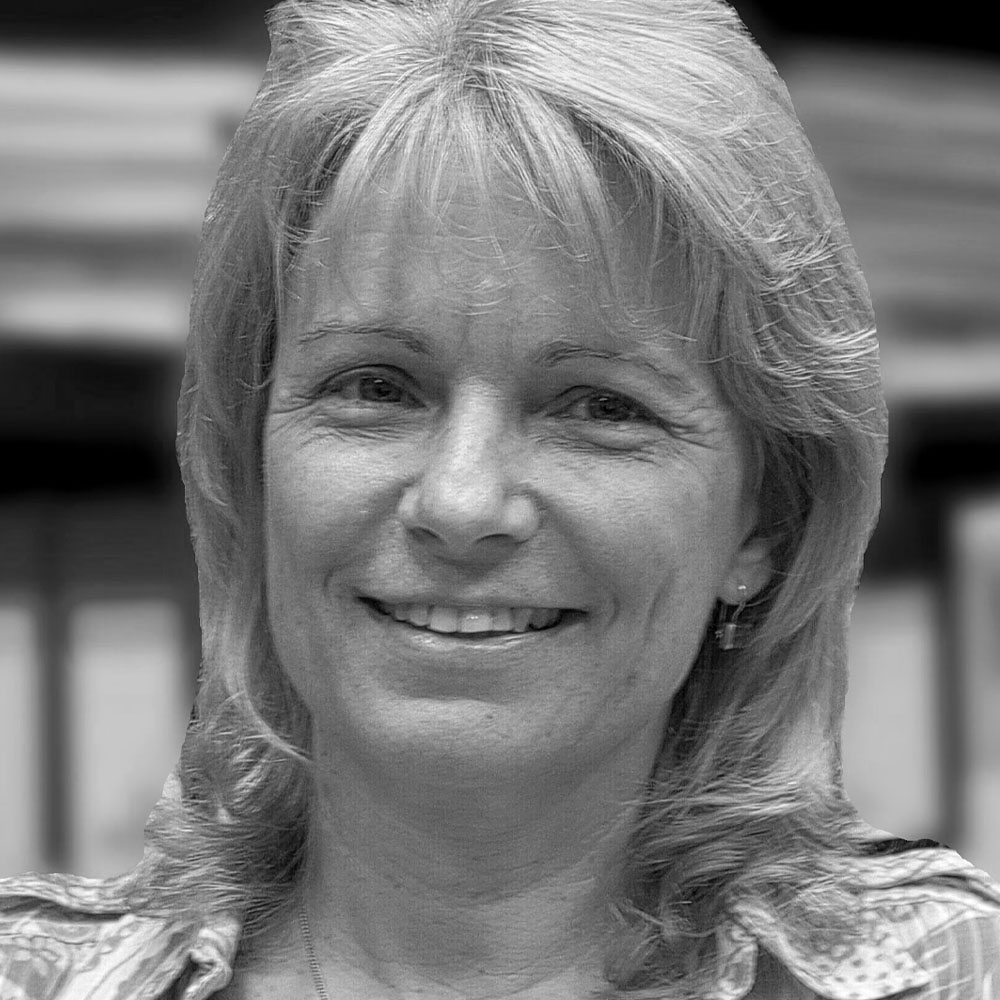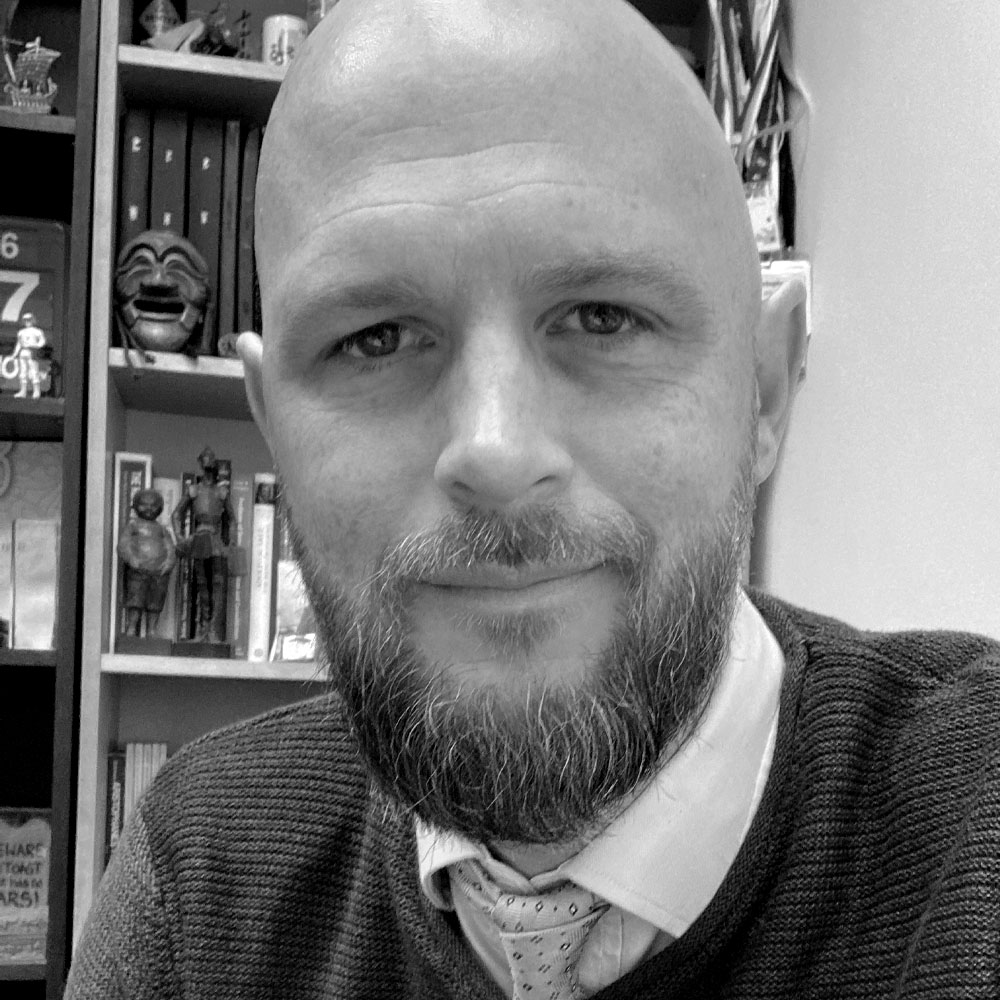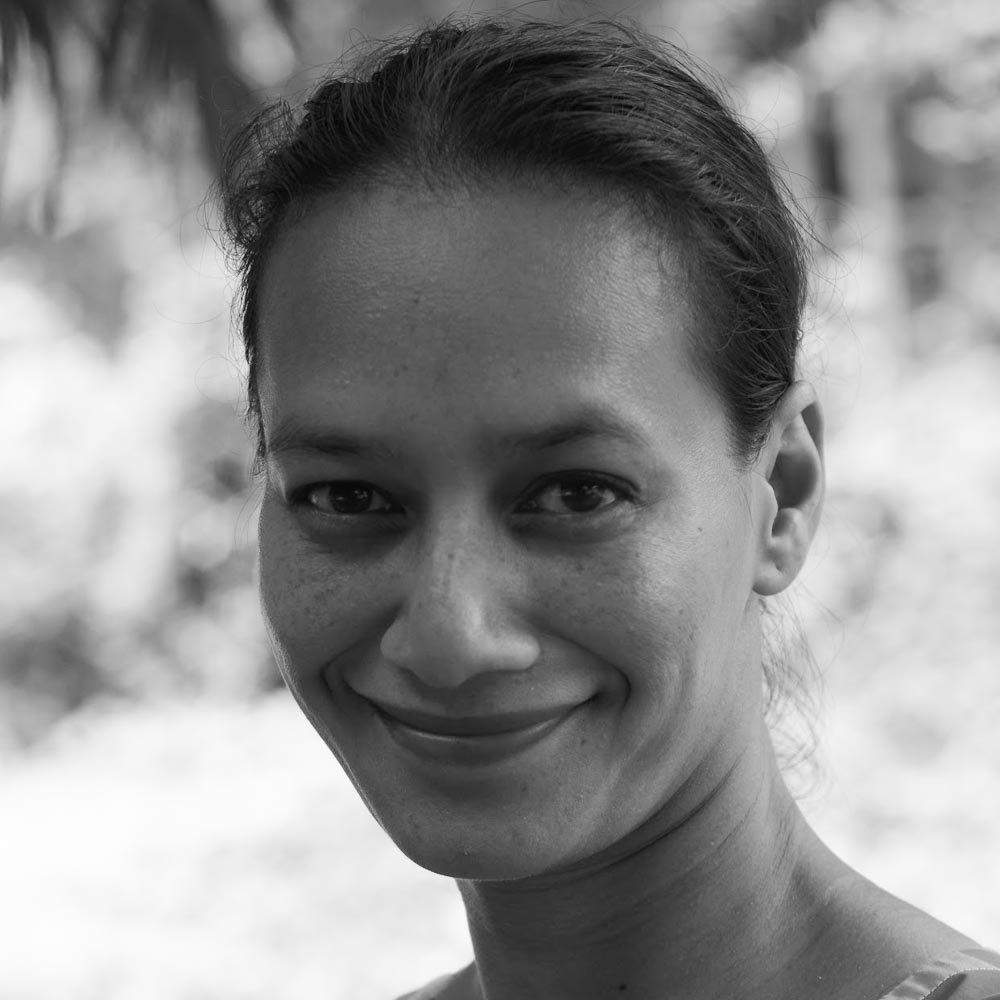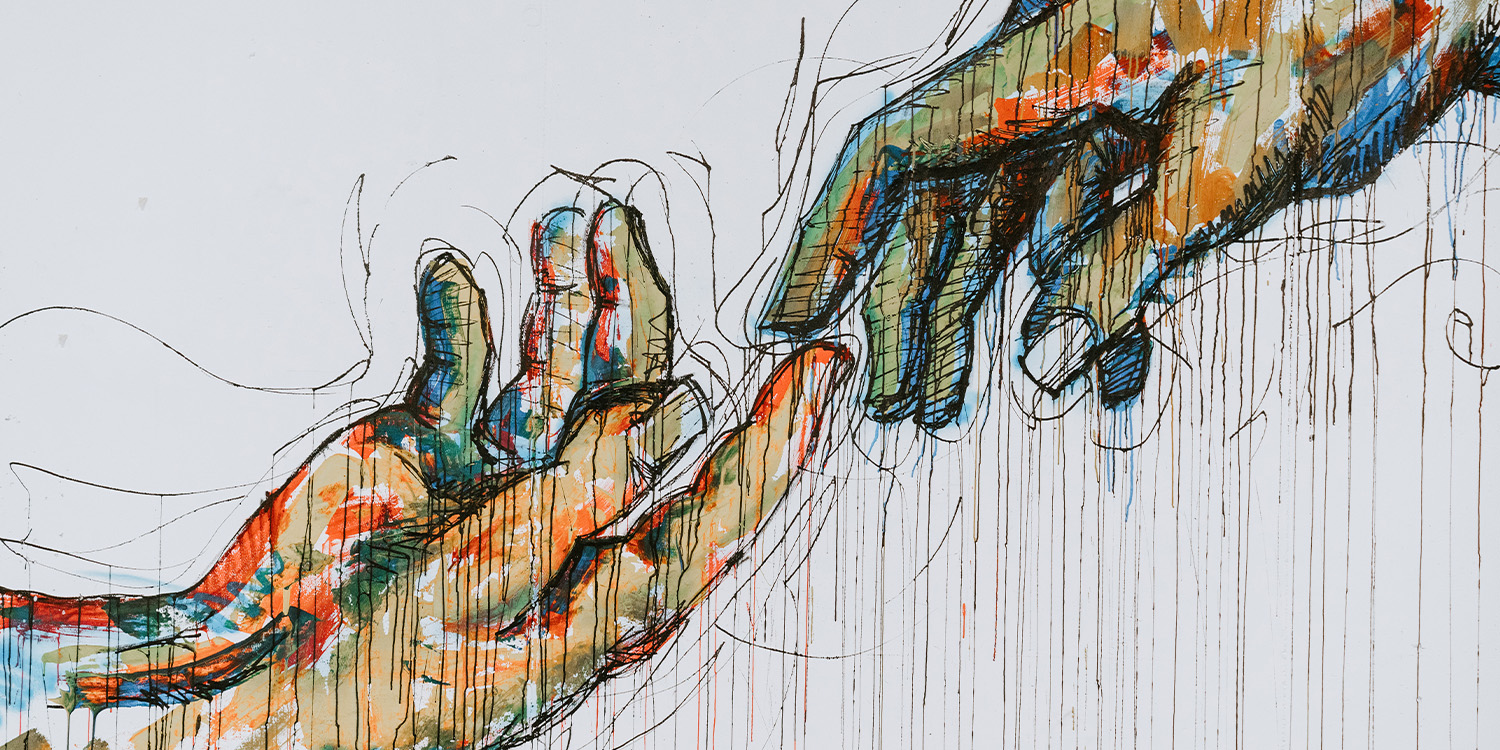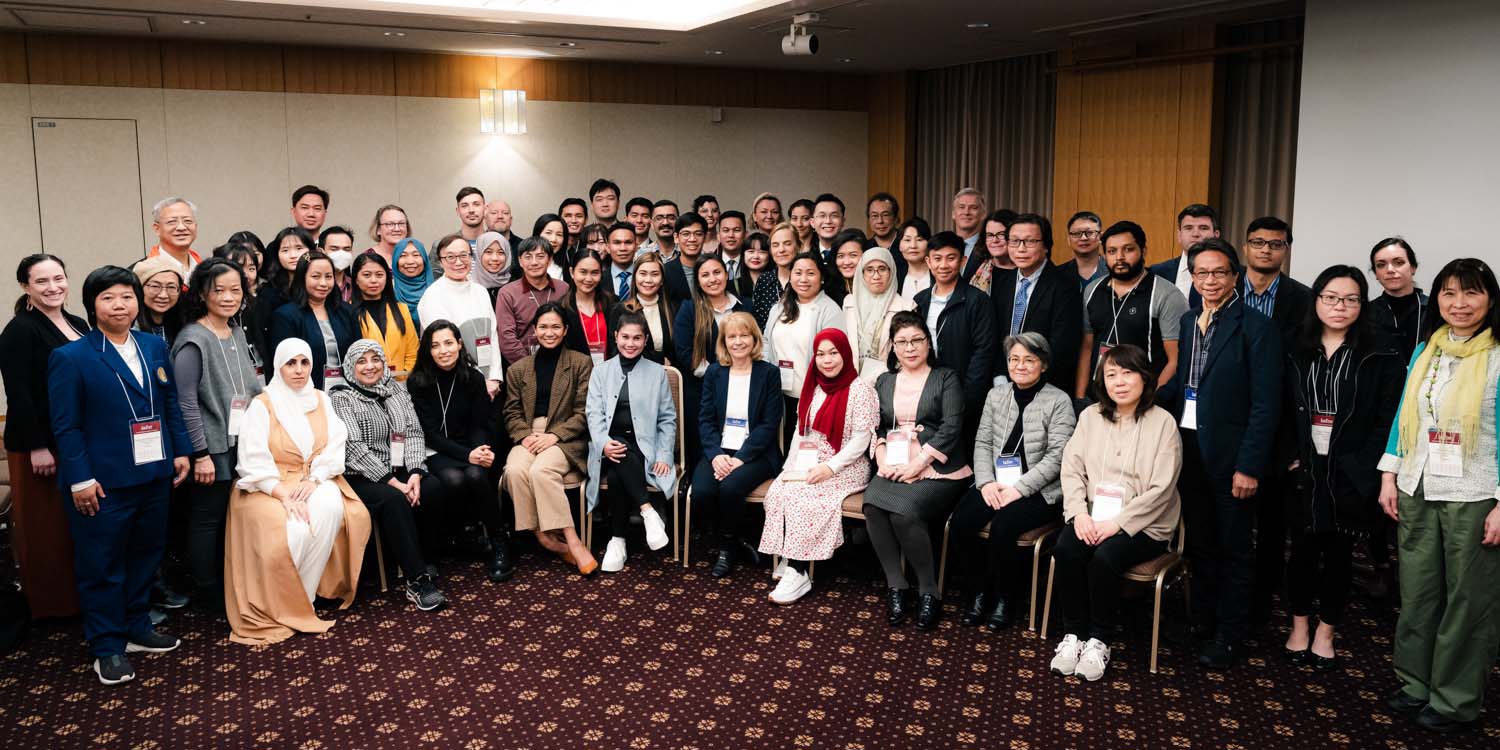 March 27-30, 2023 | Toshi Center Hotel, Tokyo, Japan, and online
March 27-30, 2023 | Toshi Center Hotel, Tokyo, Japan, and online
From March 27-30, 2023, Tokyo's Toshi Center Hotel became a hub for innovative thoughts and ideas during The 9th Asian Conference on Education & International Development (ACEID2023). This conference was a shining example of IAFOR's determination to champion interdisciplinary dialogues that propel education and international development into new horizons.
This hybrid conference was held in partnership with the IAFOR Research Centre at the Osaka School of International Public Policy (OSIPP), Osaka University, Japan. This event exemplifies IAFOR’s internationalising mission, bringing together more than 280 delegates from over 40 countries.
Speakers
-
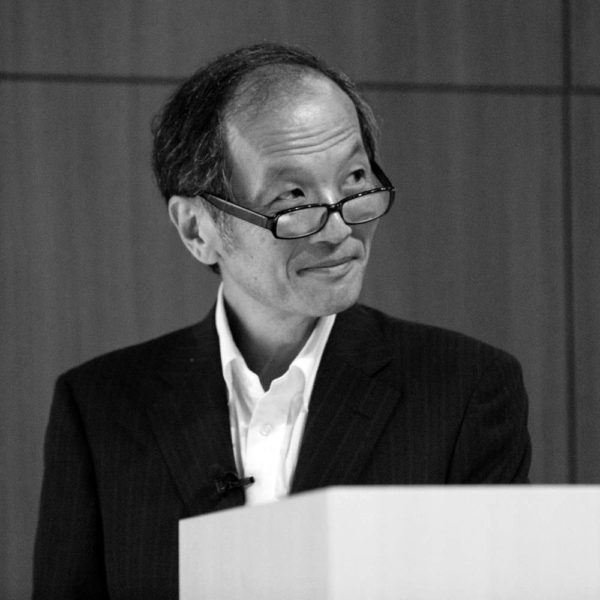 Jun ArimaThe International Academic Forum (IAFOR) & University of Tokyo, Japan
Jun ArimaThe International Academic Forum (IAFOR) & University of Tokyo, Japan -
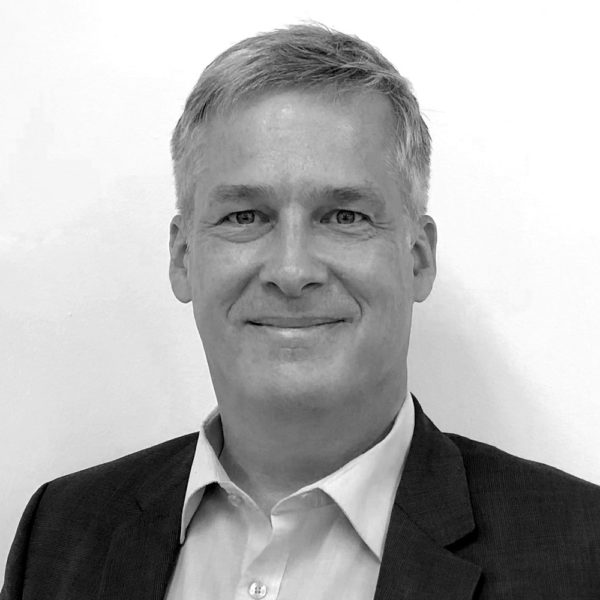 Brendan HoweEwha Womans University, South Korea
Brendan HoweEwha Womans University, South Korea -
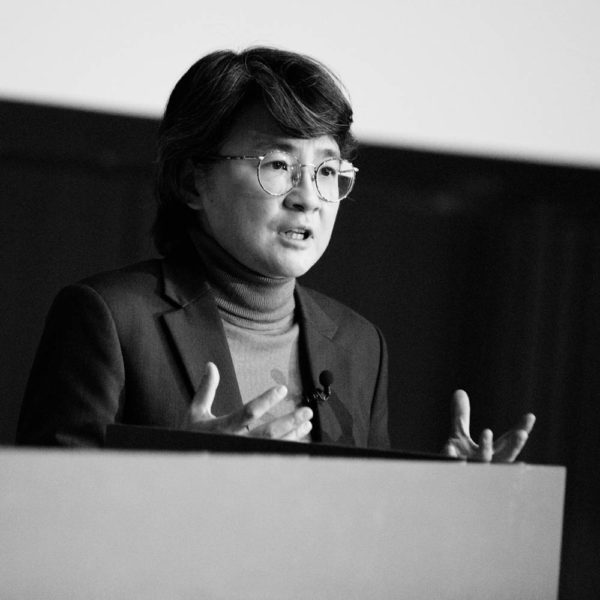 Haruko SatohOsaka University, Japan
Haruko SatohOsaka University, Japan -
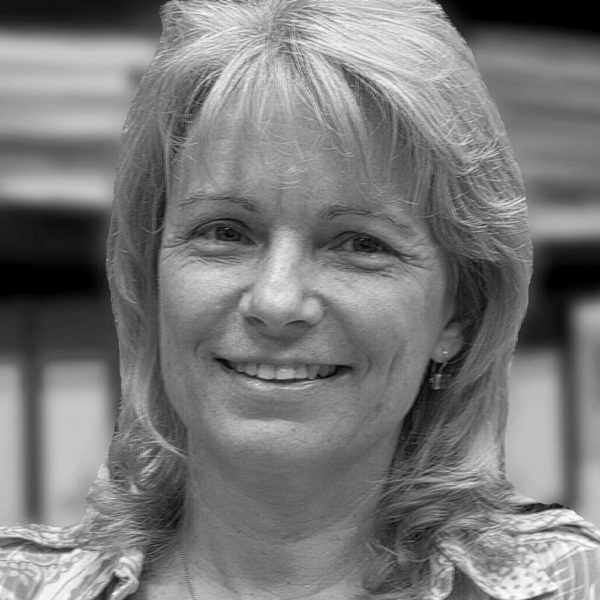 Atara SivanHong Kong Baptist University, Hong Kong
Atara SivanHong Kong Baptist University, Hong Kong -
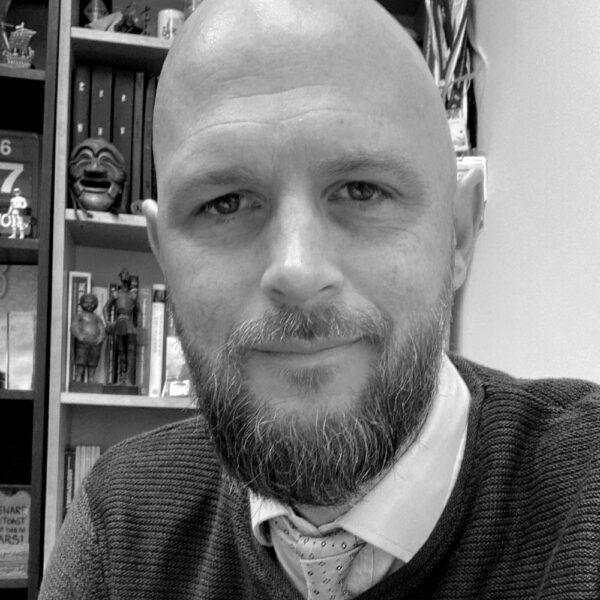 Christopher HillBritish University in Dubai, United Arab Emirates
Christopher HillBritish University in Dubai, United Arab Emirates -
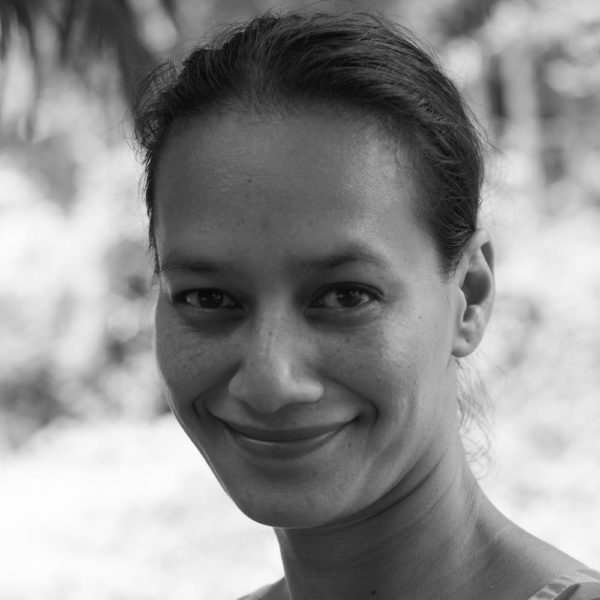 Krisna UkThe Association for Asian Studies (AAS)
Krisna UkThe Association for Asian Studies (AAS)
Programme
-
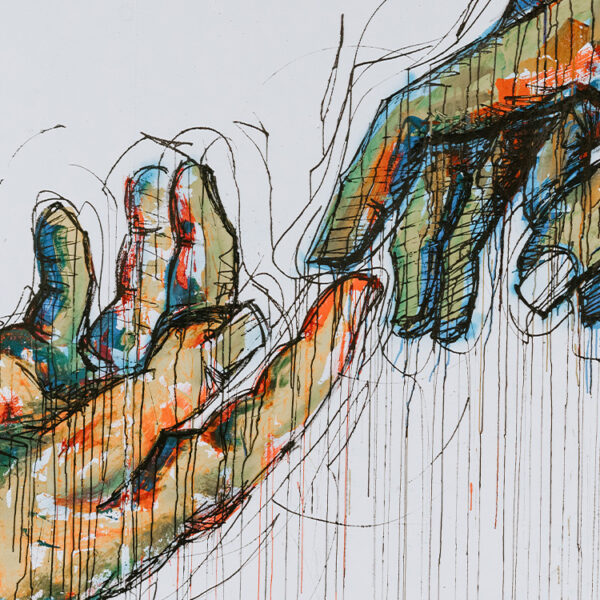 International Academic Partnerships: What Are They For and Who Do They Benefit?Spotlight Presentation: Christopher Hill
International Academic Partnerships: What Are They For and Who Do They Benefit?Spotlight Presentation: Christopher Hill -
 IAFOR’s Collaborative Efforts: AAS and the IAFOR Research CentreFeatured Discussion: Brendan Howe, Haruko Satoh, Krisna Uk
IAFOR’s Collaborative Efforts: AAS and the IAFOR Research CentreFeatured Discussion: Brendan Howe, Haruko Satoh, Krisna Uk -
 Developing Students’ Transferable Skills Through Service Leadership of an Inclusive Learning CommunityKeynote Presentation: Atara Sivan
Developing Students’ Transferable Skills Through Service Leadership of an Inclusive Learning CommunityKeynote Presentation: Atara Sivan -
 Internationalisation, Education and Development Cooperation in East AsiaKeynote Presentation: Brendan Howe
Internationalisation, Education and Development Cooperation in East AsiaKeynote Presentation: Brendan Howe
Conference Committees
Global Programme Committee
Dr Joseph Haldane, Chairman and CEO, IAFOR
His Excellency Professor Toshiya Hoshino, Osaka University, Japan
Professor Barbara Lockee, Virginia Tech., United States
Professor Donald E. Hall, Binghamton University, United States
Dr James W. McNally, University of Michigan, United States & NACDA Program on Aging
Professor Haruko Satoh, Osaka University, Japan
Dr Grant Black, Chuo University, Japan
Professor Dexter Da Silva, Keisen University, Japan
Professor Gary Swanson, University of Northern Colorado, United States
Professor Baden Offord, Curtin University, Australia
Professor Frank Ravitch, Michigan State University, United States
Professor William Baber, Kyoto University, Japan
Conference Programme Committee
Professor Shingo Ashizawa, Kansai University of International Studies, Japan
Dr Joseph Haldane, The International Academic Forum (IAFOR), Japan
Professor Brendan Howe, Ewha Womans University, South Korea
Professor Farish Noor, University of Malaya, Malaysia
Professor Barbara Lockee, Virginia Tech., University
Dr Taro Mochizuki, Osaka University, Japan
Professor Haruko Satoh, Osaka University, Japan
Dr Krisna Uk, The Association for Asian Studies (AAS)

